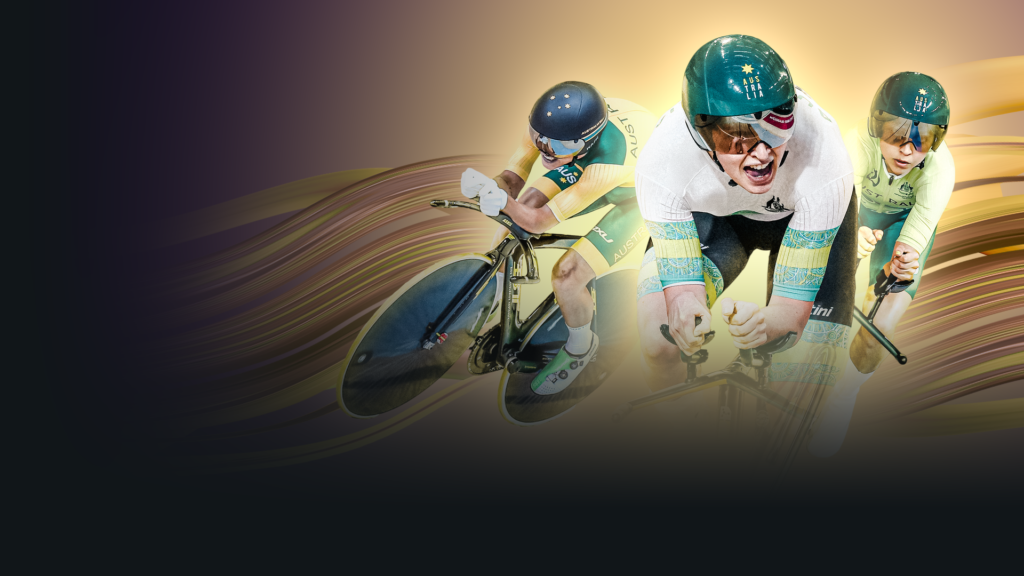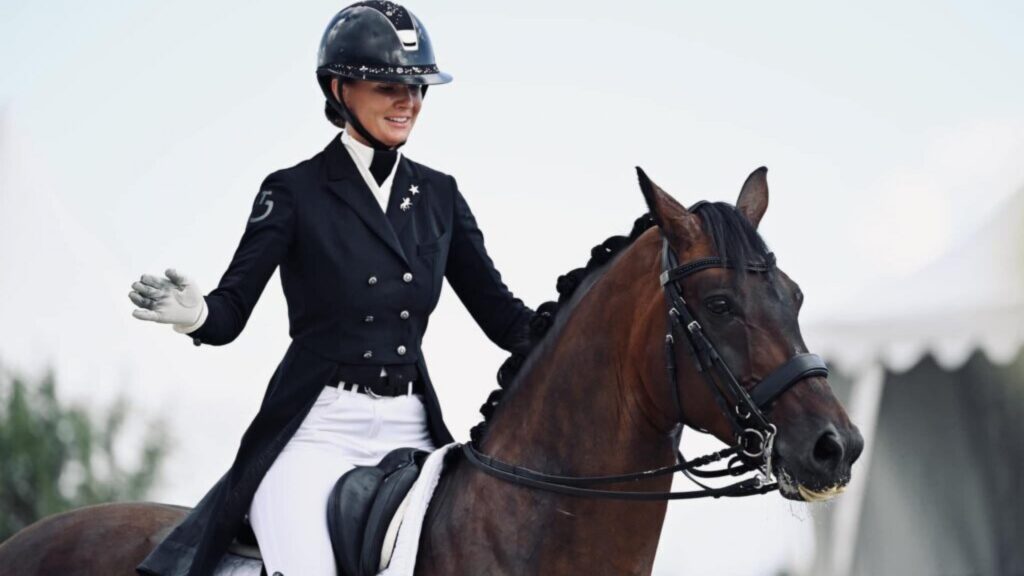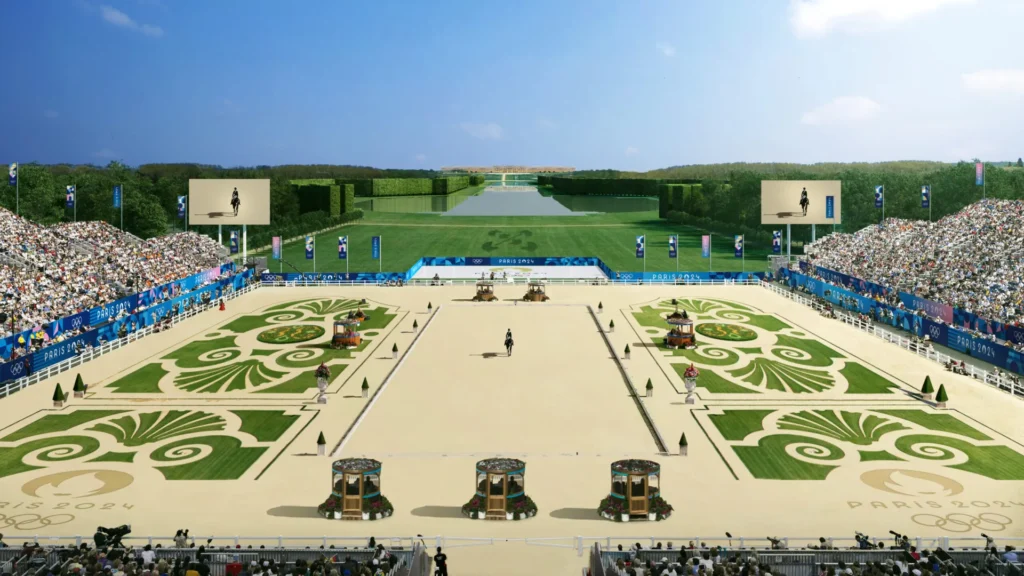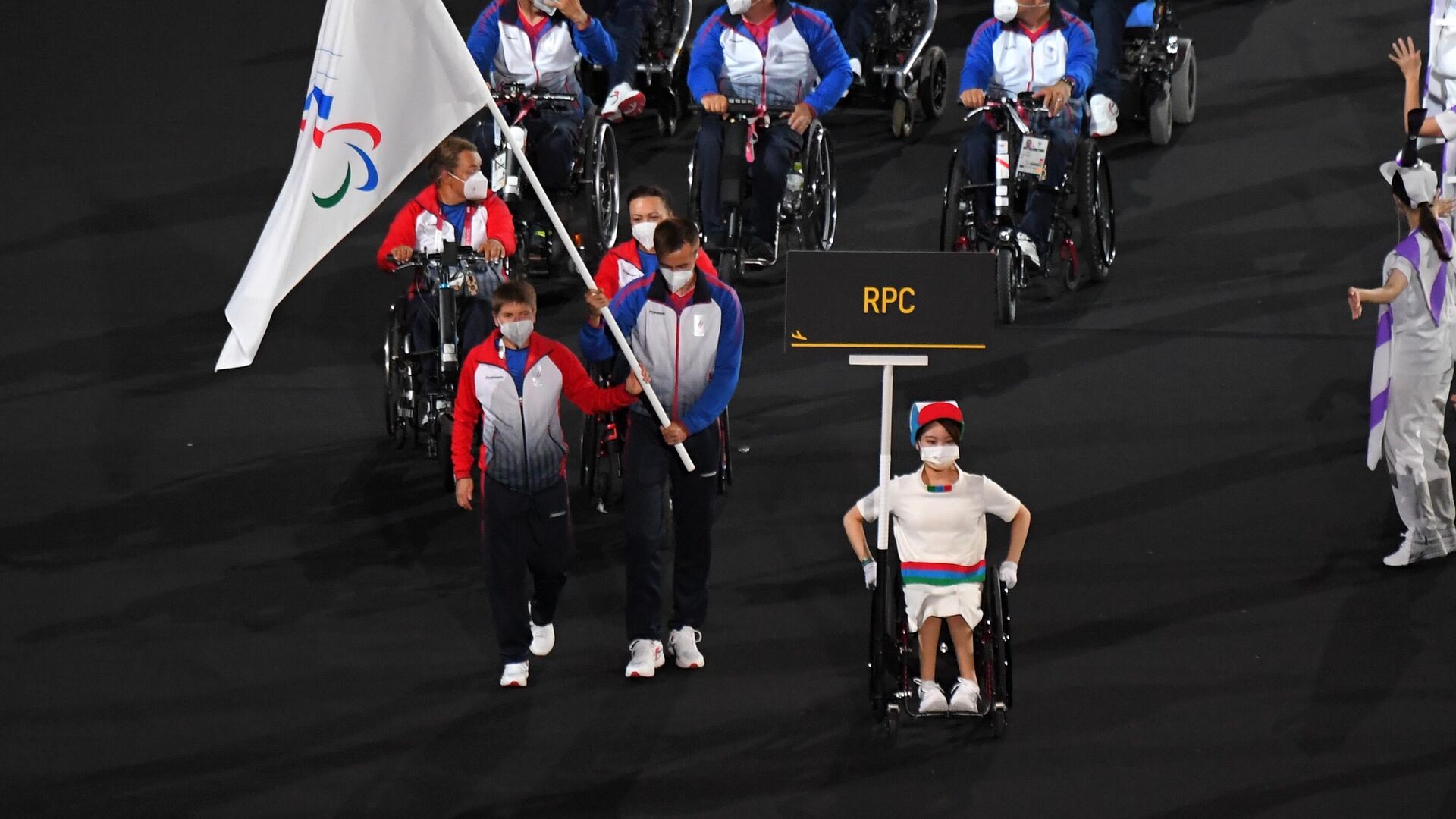Equestrian paralympics 2024 In the world of adaptive sports, the Equestrian Paralympics is a much-anticipated event. One of the few sports at the Paralympic Games where competitors with physical disabilities can compete on an equal basis with the assistance of their equine partners is dressage. The history of equestrian sports in the Paralympics, the importance of the 2024 games, the competitors to watch, the training and preparation required, and the effects of equestrian sports on inclusivity and sportsmanship will all be covered in this article.

History of Equestrian Sports in the Paralympics
The Olympic and Paralympic Games have a long history of featuring equestrian sports. One of the more recent sports added to the Paralympic calendar is para-dressage, the Paralympic equivalent of equestrianism that debuted in the Atlanta Paralympic Games in 1996. Its inclusion has led to an increase in participation and popularity, showing the incredible skills of athletes with physical disabilities.
Significance of the Games
With its scheduled 2024 hosting in Paris, the Paralympic Games will be very important to the para-equestrian community. Paralympics for horses in 2024 Because of the city’s rich history in equestrian events and the extensive coverage of the Paralympic Games in the media, this event is historic for adaptive sports. The highlight of many athletes’ careers will be competing in front of a global audience in the shadow of the Eiffel Tower.
The Athletes to Watch at Paris 2024
Some of the most gifted and inspirational competitors in para-equestrian sports will compete in the 2024 Paralympic Games. A number of the competitors have shown promise as medal contenders; they bring a unique blend of talent, experience, and willpower to the race.

Sophie Christiansen (Great Britain)
A British rider who has become a symbol of success in para-dressage, Sophie Christiansen is one of the most decorated para-equestrian athletes in history. With numerous gold medals from successive Paralympic Games, Christiansen is a formidable competitor in her division. Christiansen, who was born with cerebral palsy, overcame severe physical obstacles to develop into a top athlete, and her perseverance and talent never cease to amaze fans around.
Pepo Puch (Austria)
Paralympics for horses in 2024 Because of the city’s rich history in equestrian events and the extensive coverage of the Paralympic Games in the media, this event is historic for adaptive sports. Another competitor to keep an eye on at the 2024 Paralympic Games is Austrian rider Pepo Puch. After suffering a spinal cord damage in a riding accident, Puch rose to prominence in the para-dressage community. His transition from an athletic, able-bodied horseback rider to a Paralympian is evidence of his tenacity and willpower.

Natasha Baker (Great Britain)
Another British rider who has gained notoriety as a rising talent in para-equestrian sports is Natasha Baker. Baker plays in the Grade III division despite having transverse myelitis as a kid, which has left him immobile from the waist down.
Rodolpho Riskalla (Brazil)
Rodolpho Riskalla, a rider from Brazil, is an athlete to watch in the 2024 Games. Following his meningitis diagnosis, which led to the amputation of both legs, Riskalla switched from competitive able-bodied dressage to para-dressage. Since then, he has emerged as a key player in the sport, competing for Brazil at the 2016 Rio Paralympic Games and winning multiple medals at the international level.

Conclusion
The result of years of perseverance, love, and dedication on the part of para-equestrian competitors and their horses is the 2024 Equestrian Paralympic Games in Paris. This event serves as a potent reminder of the transforming potential of athletics by giving athletes with physical disabilities a stage on which to display their amazing abilities. A celebration of inclusivity and resilience in addition to athletic brilliance, the 2024 Paralympics will highlight the rich legacy of para-equestrian sports and innovative technologies that improve competition.
FAQs
What is para-dressage?
Riders and horses perform a series of movements, called “tests,” to demonstrate the horse’s and rider’s precision, control, and cooperation. The Paralympic Games do not feature any additional horse sports.
When and where will the 2024 Paralympic Equestrian events take place?
Paris, France will host the Paralympic Games’ equestrian competition in 2024. The para-equestrian competition dates, which fall between August 28 and September 8, 2024, will coincide with the Paralympic calendar.
Who can participate in the Equestrian Paralympics?
Para-dressage is open to competitors with physical disabilities that affect their strength, coordination, or range of motion. To ensure fair competition, riders are categorized into grades according to the degree of handicap they have.
What are the classification grades in para-dressage?
In para-dressage, there are five categorization categories that go from Grade I to Grade V:
Grade I: Athletes with the most severe disabilities, usually those requiring wheelchairs or having substantial limits on their motor function.
Riders with mild disabilities impacting their balance and mobility are classified as Grade II and III.
Athletes in grades IV and V have the least severe disabilities, such as modest balance problems or coordination problems.
How are the para-equestrian events judged?
Para-dressage competitions are judged on the rider’s ability to lead their horse through a series of movements with harmony, correctness, and precision, much like Olympic dressage. Every movement is scored by the judges, and the rankings are determined by the total score.




Pingback: Rome Odunze: Rising Star in American Football - The Sport Sonic
Pingback: Colombia vs. Argentina: A Clash of Tita